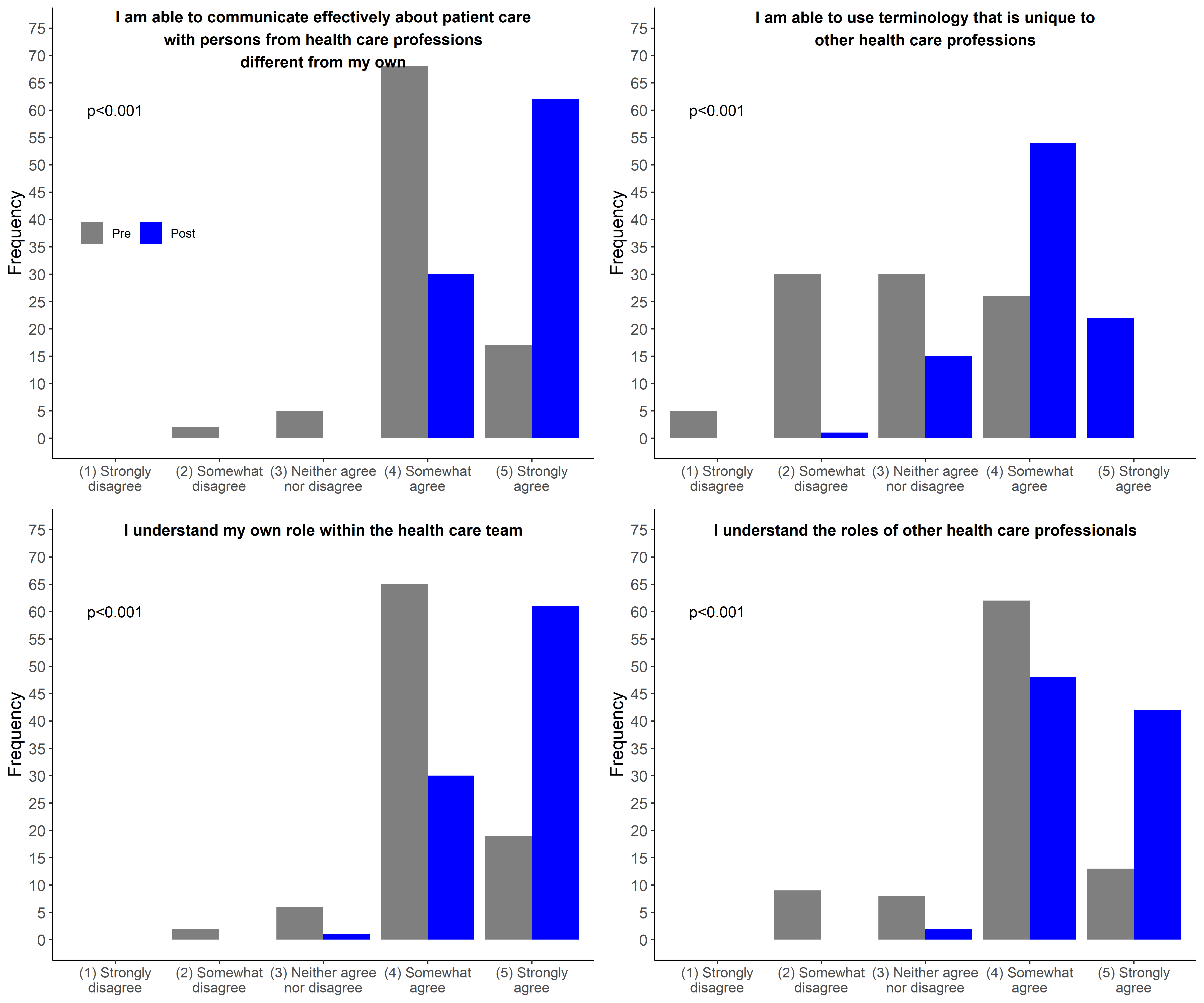Medical Education
Session: Medical Education 2
529 - Innovative Curriculum to foster inter professional collaboration amongst medical students- A Year after Implementation
Friday, May 3, 2024
5:15 PM - 7:15 PM ET
Poster Number: 529
Publication Number: 529.619
Publication Number: 529.619

Samrat U. Das, MD (he/him/his)
Associate Professor of Pediatrics
Duke University School of Medicine
DURHAM, North Carolina, United States
Presenting Author(s)
Background: Interprofessional Education Collaborative (IPEC)’s mission is to ensure that health professionals are proficient in competencies essential for patient-centered, community and population-oriented, interprofessional, collaborative practice. First-year curriculum at Duke University School of Medicine includes teaching on IPEC principles, though students lack the opportunity to apply them clinically.
Objective: The goals of our curriculum are to expose students to the value of IPEC and improve understanding of the roles/responsibilities of other health care professionals. Research question was to know the impact of this curriculum on medical student self-perception of IPEC preparedness.
Design/Methods: Students filled out a survey both pre- and post-curriculum using Nebraska Interprofessional Education Attitudes Scale (NIPEAS) survey utilizing a Likert scale. Students provided written individual and small group reflections during debrief sessions. Using anonymous participant-selected identifier, we matched 92 pre- and post-curriculum surveys. Wilcoxon signed rank test was used to compare these responses to account for paired data. Authors reviewed a convenience sample of 95 surveys and 6 debrief sessions and followed an iterative process to finalize the list of themes with consensus from authors.
Results: After the curriculum, there were significant differences (p < 0.05) in the students’ self-perception in multiple domains including related to understanding of their own and other’s roles, effective communication, respect, need to learn about the values and expertise of other professionals and team dynamics. Major Themes were identified from qualitative analysis - Diversity of expertise, Improved communication, Mutual Respect, Environment of Care, Understanding of Roles, No Single Provider, Collaborative Care, Comprehensive Care/Holistic Care, Improved Patient Outcomes.
Conclusion(s): This curriculum was associated with improvement in multiple domains. Students described an understanding of the importance of other health care professionals in providing comprehensive health care. Students also described increased comfort level in reaching out to other health care professionals. Insights gained from the qualitative analysis of our data may provide the framework to design future curriculums to foster interprofessional education and collaboration.

